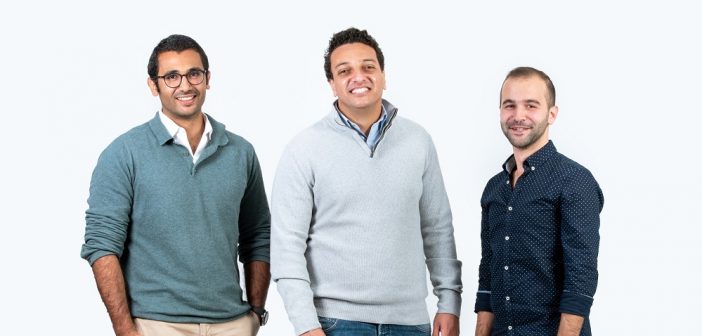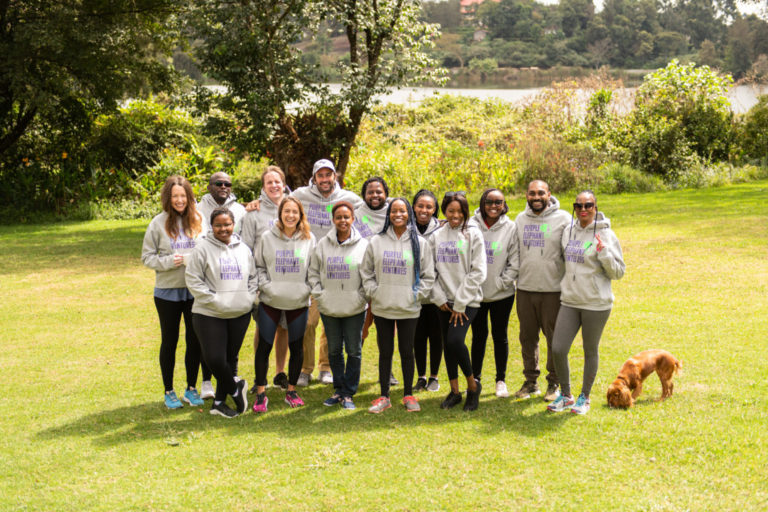Paymob, an Egyptian fintech startup, has partnered with Uber to expand in-app payment options

Paymob, an Egyptian fintech startup, has partnered with ride-hailing giant Uber to expand payment options on the Uber app, with the goal of financially integrating a larger base of Egyptian drivers and riders.
Paymob, founded in 2015 by Islam Shawky, Alain El Hajj, and Mostafa Menessy, is an infrastructure technology enabler that offers payment solutions to empower digital financial service providers via mobile wallet technology.
The startup’s mobile wallet infrastructure handles more than 85% of transaction throughput in the Egyptian market and serves merchants in five other countries, including Kenya, Pakistan, and Palestine.
Paymob raised $18.5 million in Series A funding earlier this year and has now signed an important partnership with Uber. Riders can top up their wallets on the Uber app using various payment methods as a result of the partnership, allowing them to plan their trips ahead of time. For added convenience, added payments have no expiration dates, allowing riders to request trips whenever they want without having to carry cash.
This collaboration also enables a smoother process for drivers to pay Uber’s service fee using various in-app payment methods, particularly for those who do not have bank accounts.
“Egypt’s accelerated shift towards a cashless society and financial inclusion has made expanding payment options on the Uber app an important step towards availing access to more people. Partnering with Paymob is a strategic decision, empowered by technology, to facilitate a seamless experience for users, while integrating unbanked drivers within the digital economy,” said Ahmed Khalil, general manager of Uber Egypt.
Omar El-Gammal, VP of global business development at Paymob, said he was delighted that Uber has chosen to work with Paymob.
“We believe that the cooperation with Paymob would certainly allow a larger base to pay conveniently with their preferred payment method and contribute to attracting a larger segment of consumers digitally,” he said.







